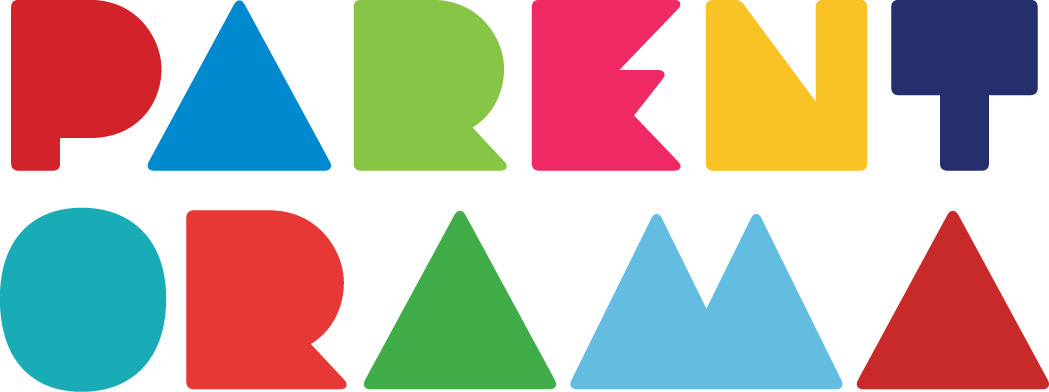Triploidy Syndrome and Pregnancy: Everything You Need to Know
What is Triploidy?
Triploidy syndrome is a rare chromosomal abnormality in which embryos are born with an extra set of chromosomes in their cells. A normal set consists of 23 chromosomes (haploid), two sets amount to 46 chromosomes (diploid), and three sets result in 69 chromosomes (triploid). Typical cells have 46 chromosomes inherited equally from both parents.
Triploidy occurs when an embryo receives an extra set of chromosomes from one parent. It is a fatal condition, as embryos with triploidy rarely survive to birth. Most pregnancies result in miscarriage during the first trimester. Babies that do survive birth often have severe genetic defects, such as:
- Growth retardation
- Heart defects
- Neural tube defects, like spina bifida
Infants born with triploidy usually do not live beyond a few days after birth. However, in mosaic triploidy, where not all cells have the same number of chromosomes, some individuals can live for several years.
Causes of Triploidy
Triploidy results from an additional set of chromosomes due to abnormalities during fertilization. This can happen when:
- Two sperm fertilize a single egg.
- A diploid sperm fertilizes a normal egg.
- A normal sperm fertilizes an egg with an extra set of chromosomes.
There are two types of abnormal fertilization associated with triploidy:
- Digynic fertilization, where the extra chromosomes are inherited from the mother. This typically happens when the mother produces a diploid egg.
- Diandric fertilization, where the father provides the extra chromosomes, usually through diploid sperm or dispermy (two sperm fertilizing one egg).
Symptoms and Diagnosis
Pregnant women carrying triploid embryos may experience complications such as preeclampsia, characterized by:
- High blood pressure
- Protein in the urine
- Swelling
Physical abnormalities in the fetus may differ depending on whether the extra chromosomes are maternally or paternally inherited.
Triploidy is confirmed through chromosomal analysis (karyotyping), which detects the extra chromosomes. Diagnostic methods include:
- Amniocentesis: Sampling amniotic fluid for chromosomal testing.
- Chorionic villus sampling (CVS): Analyzing placental tissue.
Management and Support
There is no cure for triploidy. Pregnancies are often terminated naturally or through medical intervention. Infants who survive to birth usually receive palliative care.
Support groups and counseling can help families cope with the emotional toll of a triploidy diagnosis. The condition is not hereditary, and subsequent pregnancies are not at higher risk of recurrence.
Difference Between Triploidy and Trisomy
Trisomy involves an extra chromosome in one specific pair (e.g., trisomy 21 causes Down syndrome), whereas triploidy involves an entire extra set of chromosomes.
Families affected by triploidy are encouraged to seek genetic counseling for better understanding and emotional support.



